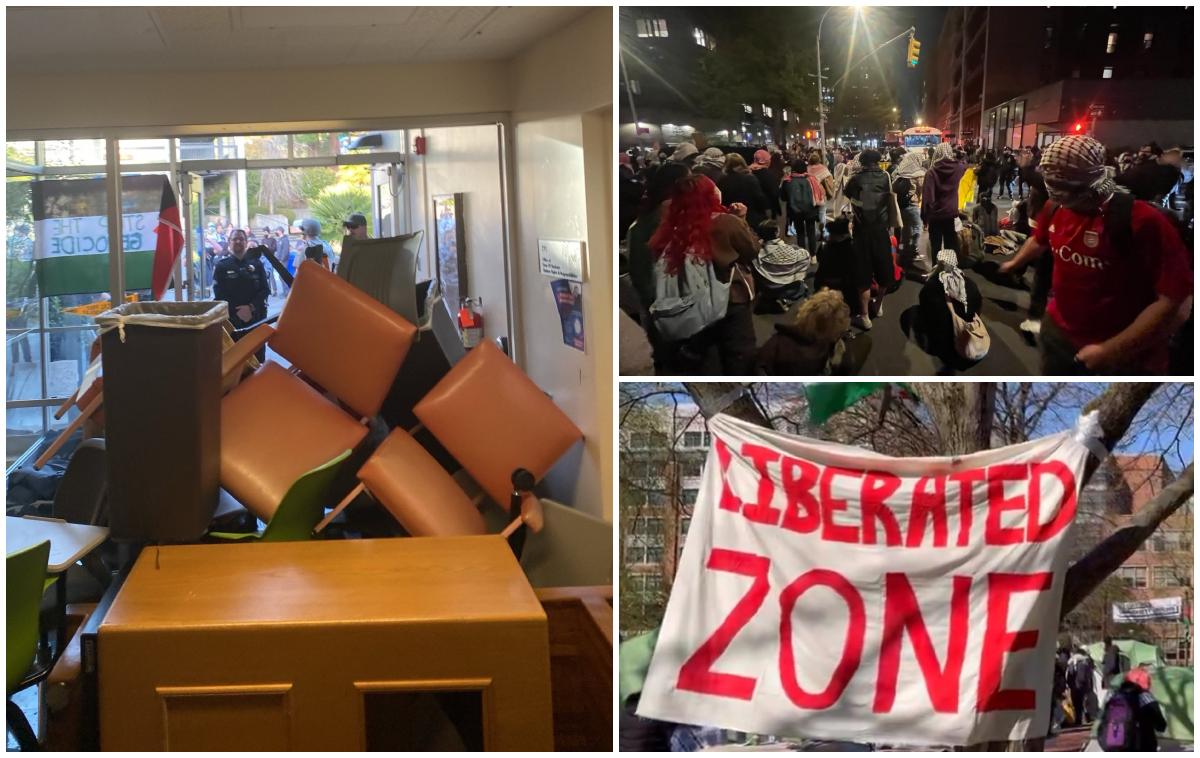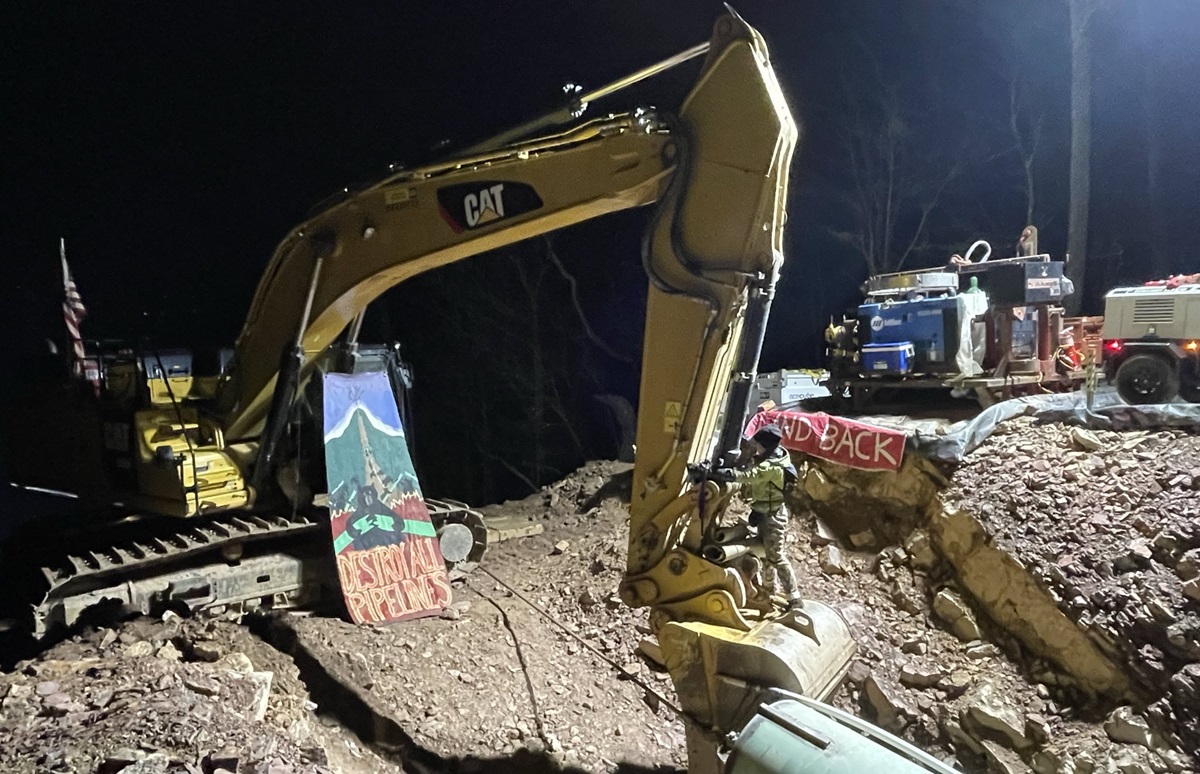Filed under: Analysis, Anarchist Movement, Critique

Another critique of syndicalism and the organizational structure of the IWW that is the latest in a continuing conversation from various positions.
The “Aiming at Ghosts” response to “Nothing to Syndicate” is typical fare for intellectual discourse from the IWW: it’s dishonest, ill-informed and evasive. Defending syndicalism by claiming that even syndicalists don’t believe in syndicalism is the kind of convoluted tack taken by someone who is more interested in winning an argument than in honestly engaging with the issues in question.
The IWW is a syndicalist organization, there may be times when it, the CNT or FORA aspire to or add-on things beyond the scope of syndicalism, but that doesn’t change the fact that the default ideological position and organizational decision-making structure is syndicalist. The author of Aiming at Ghosts—and the Wobblies for a Revolutionary Unionist Movement (WRUM) in general—are moving goal posts to conceal the actual ideology and limitations of the IWW.
Aiming at Ghosts dodges Nothing to Syndicate’s critique by saying “it would be nice if they considered what contemporary IWW strategy looks like, with its embrace of community self-defense via the General Defense Committee and prison organizing via the Incarcerated Workers Organizing Committee.” Okay, so let’s do that. Let’s have a public and open discussion about the role of GDC and IWOC in the IWW’s strategy.
Oh, wait, “Nothing to Syndicate” already did when it said: “show up to a meeting, sign a membership card, agree to a remarkably thin level of political affinity with other complete strangers, and you’re a part of things.” That’s most of how the GDC and IWOC work most of the time. These committee’s suck people into syndicalism under the pretense of abolition or antifascism.
That’s called entryism. When Marxist-Leninists, Trots or Tankies attempt it, we correctly reject them. The IWW has been given a pass and was able to pull it off for a few reasons:
1. as the “One Big Union for all workers” it lacks a clear ideological line. This leads to some members actually believing in and authentically committing to the entryist projects (with constant frustration as they bang into opaque syndicalist ideological walls).
2. the IWW is a little more transparent. Unlike the countless ML issue-based front groups, people know they’re joining committees of the IWW when they join GDC or IWOC. They’re just told these committees have autonomy, when in fact they don’t.
3. Its got more historical legitimacy. The IWW did include immigrants, women and black people before any other labor or left organization back in the 1930s, and won great gains that have since eroded.
Some people within these committees are doing very good work, in deeply committed ways, but all of those people would be better off if they’d set up projects dedicated exclusively to antifascism, community self-defense or prisoner solidarity, rather than subcommittees of a big over-stretched syndicalist organization. Anarchist projects like antifa crews, Books to Prisoners, Anarchist Black Cross (ABC), and more have existed for decades. They have developed intentional practices—decentralization, anonymity, affinity—and a focus on action rather than on growing membership which is objectively superior to the GDC and IWOC’s approach.
Another option would be for people to join organizations founded and led by the directly impacted people, like various groups associated with Black Lives Matter, or the National Freedom Movement. Instead, the IWW (often with the best intentions, mind you) swooped in with these easy-to-join committees presenting as quasi-autonomous organizations and wasted lots of people’s time applying workplace-based organizing strategies to community-based organizing projects.
I’ve been a wobbly for the last few years, primarily working with IWOC and the GDC, and I’ve seen the explosion of membership, the frequent restructuring, and the near-constant internal strife while the IWW struggled to both expand its role into these broader areas of struggle and sublimate them under the larger syndicalist umbrella organization. I’ve also seen how shallow or purely rhetorical the union’s commitment to abolition, it’s incarcerated members, or to addressing toxic masculinity can be.
Nothing to Syndicate was very kind and restrained in it’s critique. IWW members would do well to listen and reconsider the organizations current entryist trajectory (and unspoken ideological baggage) rather than holding up GDC and IWOC to legitimize the IWW or obscure it’s actual syndicalist position.





